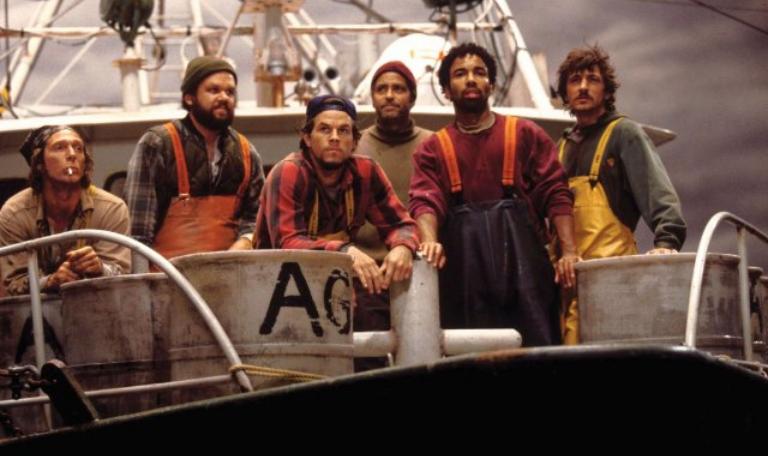
 |
| Photo © 2000 Warner Bros. Pictures |
| Academy Award Nominations: | |
| Best Sound: John T. Reitz, Gregg Rudloff, David E. Campbell, and Keith A. Wester | |
| Best Visual Effects: Stefen Fangmeier, Habib Zargarpour, John Frazier, and Walt Conti | |
| Other Awards: | |
| British Academy Awards (BAFTAs): Best Visual Effects | |
| Permalink | Home | 2000 | ABC | Blog |